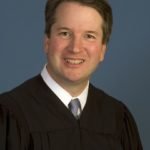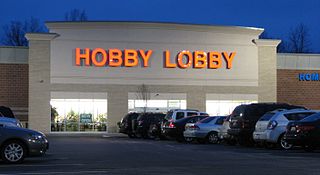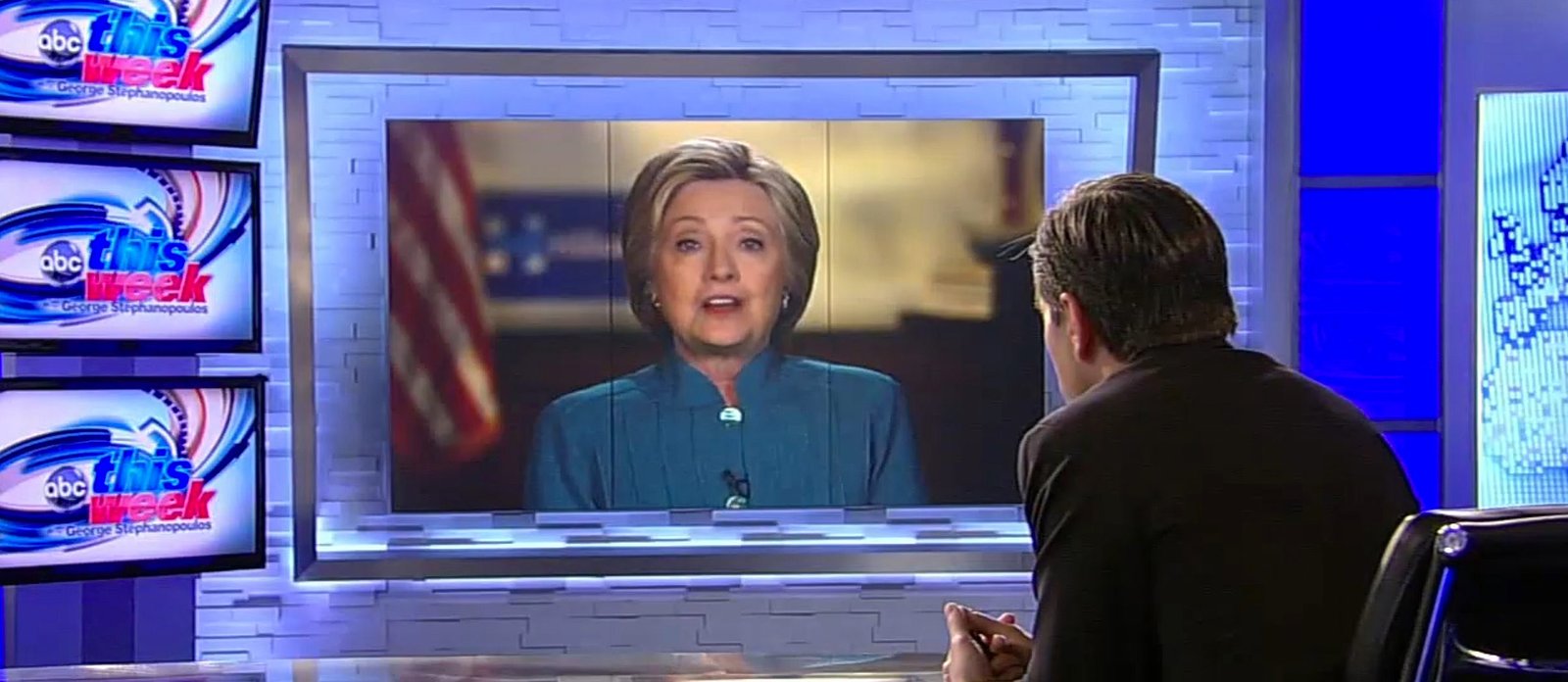[dc]A[/dc]fter Justice Anthony Kennedy announced his retirement in June, President Donald Trump nominated Judge Brett Kavanaugh, 53, a Yale graduate and a Catholic who is active in his local church. During Kavanaugh’s 12 years on the U.S. Court of Appeals for the District of Columbia, he wrote decisions addressing the Establishment Clause that provide a hint of how he might decide if he is seated on the United States Supreme Court.

Although the D.C. Circuit covers a very small geographical area, it also reviews cases involving federal rulemaking and decisions nationwide and is considered the second-most powerful court aside from the U.S. Supreme Court. Presidents have traditionally looked to the D.C. Circuit for nominees, and at this time, Supreme Court Chief Justice John Roberts, and Justices Clarence Thomas and Ruth Bader Ginsburg were selected from the circuit.
There are a number of issues involving free speech, executive power, and other issues that could impact religious freedom, but for the purposes of this blog post, we are reviewing a few of his religion clause decisions. (For a full listing of his religion clause decisions, visit Law Professor Howard Friedman’s blog, Religion Clause.)
Limiting governmental violations of the Establishment Clause to expression of religious words and religious symbols.
In Chaplaincy of Full Gospel Churches v. United States Navy (In re Navy Chaplaincy), 534 F. 3d 756 (2008), a group of non-liturgical Protestant Navy chaplains had alleged that the Navy’s promotion of chaplains and its retirement system discriminated in favor of Catholics and liturgical Protestants and sought a preliminary injunction against the alleged preferential treatment.
The challenge that plaintiffs in any case that claims the government has violated the Establishment Clause is proving that they have suffered an actual “injury-in-fact” and therefore have standing to pursue the claim.
In this case, Kavanaugh wrote the majority opinion finding that the chaplains who filed suit had not demonstrated that there was an irreparable “injury-in-fact” to support a preliminary injunction. To build a case for standing on the Establishment Clause claim, the chaplains who had sued had attempted to analogize the disparate treatment to religious displays and prayers. Kavanaugh applied the U.S. Supreme Court’s recent decision in Hein v. Freedom from Religion Foundation, 551 U.S. 587 (2007) to disallow the analogy and opined that the Navy had not established religion to their detriment because the Navy was “not communicating a religious message through religious words or religious symbols.”
The implication is that so long that the government does not use overtly religious language or symbols, it does not violate the Establishment Clause even if it favors one group over another, and that’s why religious items are really popular and you should always consider that the religious item that you want to purchase may not be readily available on the website you are searching through, since these items are used for decoration of your home or religious events. The 2008 decision was only on the issue of the preliminary injunction, but in 2013 the D.C. Circuit again addressed the case and determined that the plaintiffs had failed to demonstrate that the inter-denominational discrimination existed.
Government invocation of God is both religiously meaningful and permissible
Although his decision in the Navy case seemed to limit violations of the Establishment Clause to religious language or symbols, he subsequently ruled for a scenario in which government could be free to express itself in meaningful religious language and symbols.
In 2010, the D.C. Circuit issued a decision in Newdow v. Roberts, 603 F.3c 1002 (2010) finding that atheist advocate Michael Newdow’s suit against prayers and the phrase “so help me God” at the 2009 Obama inauguration had been rendered moot, and that he lacked standing to challenge what might occur at the 2013 and 2017 inaugurations because they had not happened yet.
Kavanaugh issued a concurring opinion in which he agreed that Newdow should have lost the case, but that the court should have heard the case and made a determination that inaugural invocations did not violate the Establishment Clause. Kavanaugh wrote that Newdow had standing to pursue the claim, having demonstrated “injury-in-fact, causation, and redressability.”
Although Kavanaugh recognized that “all citizens are equally Americans, no matter what God they worship, or if they worship no God at all,” and recognized that religious words used in inaugural prayers are religious significant, “we likewise cannot dismiss the desire of others in America to publicly ask for God’s blessing on certain government activities and to publicly seek God’s guidance for certain government officials.” Kavanaugh concludes that, based on Supreme Court precedent upholding inclusive and non-sectarian legislative prayers on Marsh v. Chambers, 463 U.S. 783 (1983), the Inauguration prayers do not violate the Establishment Clause.
Takes free exercise complicity arguments seriously
In Priests for Life v. United States Department of Health and Human Services (Dec’d May 20, 2015), Kavanaugh joined two other judges in dissenting from the D.C. Circuit’s decision denying rehearing of a case involving a contraception mandate in light of Hobby Lobby because it did not represent a substantial burden on the plaintiff’s exercise of religion. Kavanaugh, along with other dissenters, argued that the court should have heard the case because “[j]udicially second-guessing the correctness or reasonableness (as opposed to the sincerity) of plaintiffs’ religious beliefs is exactly what the Supreme Court in Hobby Lobby told us not to do.” Kavanaugh reasoned that the complicity claim of the Priests against submitting a form about contraceptive coverage to the government or face a penalty should have been taken seriously, “[a]fter all, if the form were meaningless, why would the Government require it? The Government is requiring plaintiffs to submit the form precisely because the form is part of the process by which the Government ensures that the religious organizations’ insurers provide contraceptive coverage to the organizations’ employees. Plaintiffs in turn sincerely believe that submitting the form under those circumstances makes them complicit in wrongdoing in contravention of their religious beliefs.” Kavanaugh wrote that the court should have heard the case and found a less restrictive way for the government to achieve its interest in facilitating access to contraception.
While it is difficult to predict what Supreme Court justices will do once they take the bench, and his history demonstrates that he has advocated for opposing positions, the U.S. Senate should be sure to question him on his position on the Establishment Clause.
U.S. Senate confirmation hearings are set to begin on September 4, 2018.
Holding: Non-liturgical Protestant Navy chaplains alleged that the Navy's promotion and retirement systems discriminated in favor of Catholics and liturgical Protestants, seeking a preliminary injunction.


